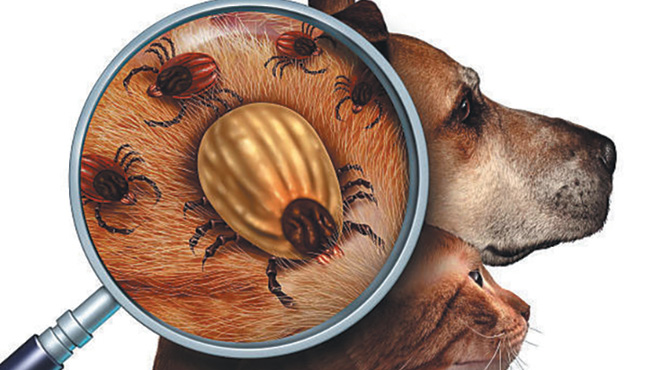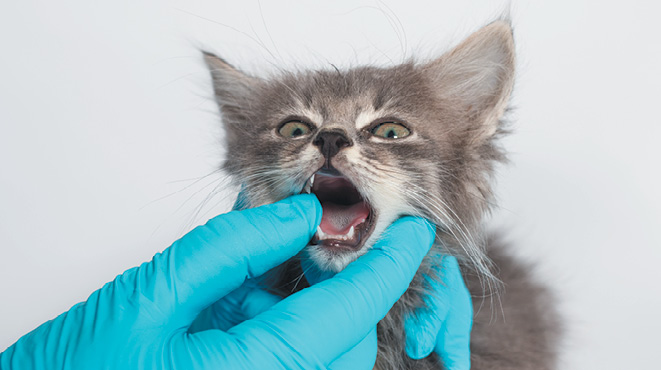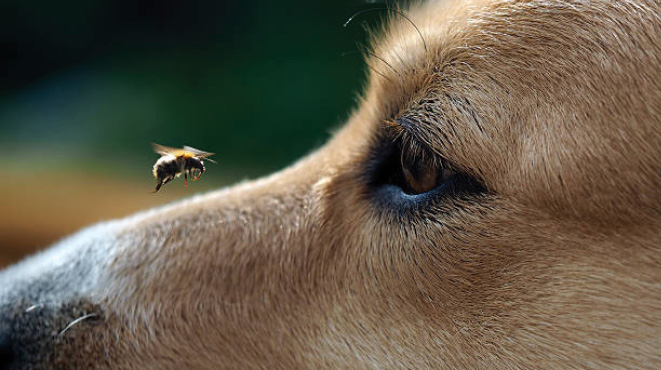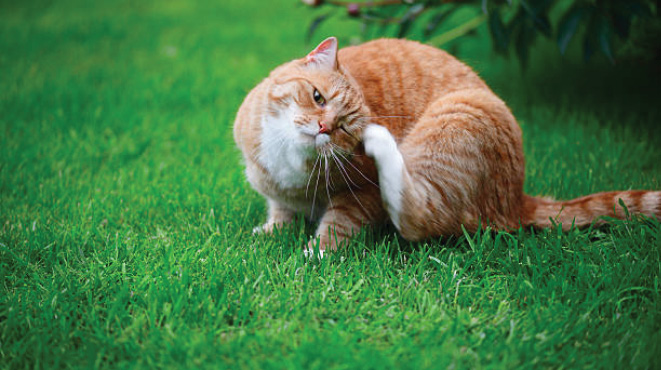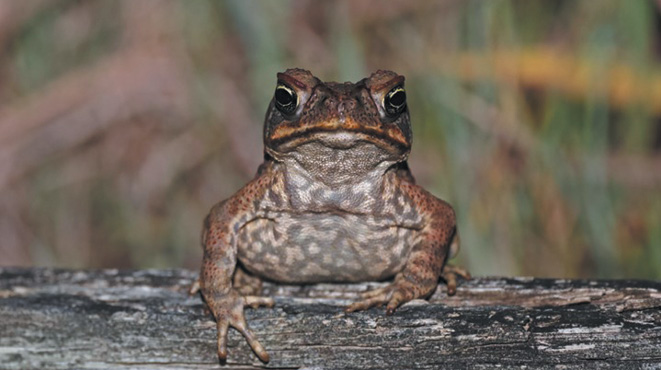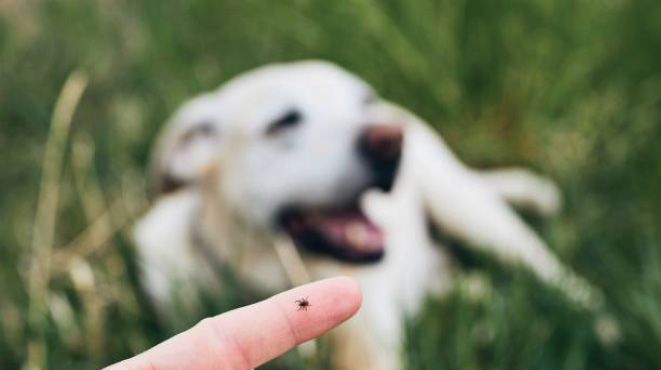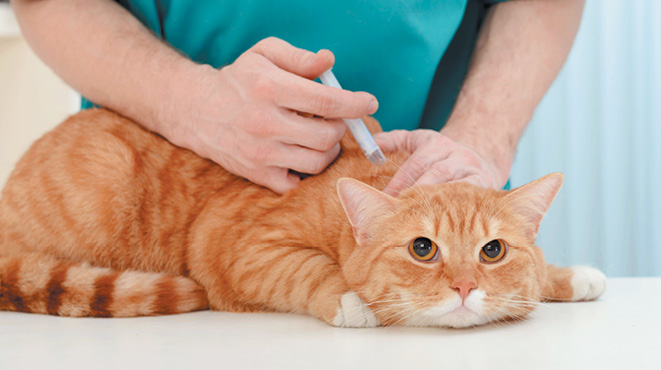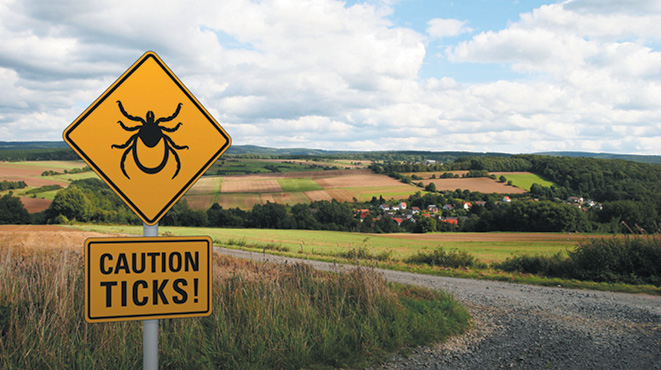BY DR NICKY THOMAS, WYNNUM MANLY VETERINARY HOSPITAL
Heartworm disease is a serious condition caused by the parasitic worm Dirofilaria immitis, which is spread between animals by mosquitoes. Recent testing by the RSPCA has discovered heartworm infection in 5% of tested pets with Moreton Bay, Cairns, Ipswich, Mackay and Townsville having more cases than other parts of Queensland.
Heartworm larvae are injected into dogs and cats when an infected mosquito has a blood meal. These tiny larvae spread through the blood, eventually ending up in the heart and blood vessels where they grow into adult worms. These adult worms produce more larvae which travel in the bloodstream where they are ingested by mosquitoes thus continuing the cycle. Animals affected by heartworm disease develop heart failure as the adult worms block the blood vessels around the heart.
Signs of heartworm disease
The clinical signs of heartworm disease in dogs include shortness of breath, reduced exercise tolerance, decreased appetite, lethargy, weight loss and a persistent cough. Dogs that are developing heart failure as a result of their infection may show other signs such as a swollen belly due to ascites (fluid accumulation in the abdomen).
Cats tend to be more subtle in their clinical signs – some will develop a cough and lethargy while other animals may show no signs before becoming very acutely ill.
Prevention of heartworm disease
Dogs and cats should start heartworm prevention from six to eight weeks of age. There are a range of preventative medication options available including oral tablets/chews, top spot medications or injectable medications. Your vet will be able to advise on the most appropriate product for your pet.
Preventing mosquito bites can also reduce the likelihood of your pet acquiring an infection. Keeping dogs and cats indoors at dawn and dusk when mosquitoes are more active and eliminating stagnant water sources from around your property to reduce mosquito breeding areas can be helpful.









